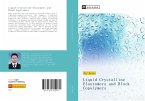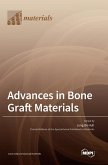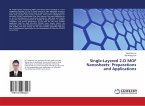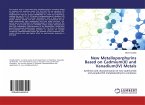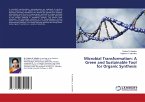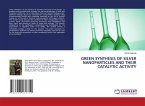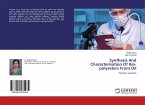Graft copolymerization of vinyl monomers onto polysaccharides (also called natural biopolymers) is a fascinating field of research with unlimited potential application for industrial production of various materials. The polysaccharides like sodium alginate, chitosan, carrageenan, carboxymethylated guar gum etc. occur abundantly in nature and very useful in pharmaceuticals, food industry, agriculture, cosmetic industry, cosmetics, plastic coating material etc. Though such natural polymers have got tremendous advantages, but it suffers from drawbacks like biodegradatibility, which limits its application. Hence grafting of vinyl monomers such as acrylamidoglycolic acid, methacrylic acid, N, N-dimethylacrylamide, vinyl sulfonic acid and vinyl-sulfonic acid onto the natural biopolymers, not only make them highly resistant to biodegradation but also imparts other properties such as increase in water absorbency, metal ion uptake, thermal stability, antimicrobial activity and flocculation. So, in order to improves the industrial acceptance and reduce the drawbacks, research efforts are made to synthesize various graft copolymers by grafting different vinyl monomers onto natural polymers.
Hinweis: Dieser Artikel kann nur an eine deutsche Lieferadresse ausgeliefert werden.
Hinweis: Dieser Artikel kann nur an eine deutsche Lieferadresse ausgeliefert werden.


